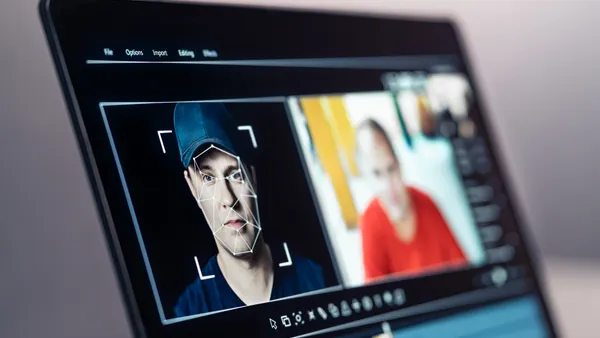Digital media truly is changing the way we work. But is all the change for the better?
Not in every case, according to “Shaping the Future Implications of Digital Media for Society,” a global study released today by the World Economic Forum in collaboration with Willis Towers Watson.
“The increased use of digital media is changing people’s everyday lives and the way they connect and collaborate, especially at work,” says Ravin Jesuthasan, a managing director at Willis Towers Watson and co-author of the study. “This is also changing the nature of the employment relationship.”
Among the upsides of digital media, according to the survey of more than 5,000 digital users from Brazil, China, Germany, South Africa and the United States, is the improved ability for individuals to find work, learn and develop professional skills and balance work and life.
On the negative side, digital media can, in some cases, actually lower worker productivity and increase inequality, survey participants reported.
The positives
The survey, part of a larger research project by the World Economic Forum’s Media, Entertainment and Information (MEI) industries team and Willis Towers Watson, revealed that nearly 70% of respondents agreed that the use of digital media for work-related purposes has grown significantly over the past three years – and will continue to do so. Conducted in October 2015, the survey also found that users spend most time connected online for work purposes (32% spend more than three hours a day online for this reason), followed by gathering information or learning.
Jesuthasan says that perhaps the most interesting findings center around the influence digital media has on respondents’ professional lives:
- 56% say digital media has transformed the way they work.
- 41% agreed that social media improves their work effectiveness (just 14% say it reduces it).
- Half of the respondents agreed that digital media has improved the quality of their professional lives (14% disagreed).
Additionally, about 66% of those surveyed said digital media has improved their ability to do their work, learn and develop professionally, and collaborate with colleagues. With about 60% agreeing that digital media has improved their ability to maintain balance between work and personal life, build relationships with professional contacts, and find jobs.
Interestingly, digital media’s impact being positive or negative depended on geography, as about 25% of respondents from Germany and the United States say digital media has improved the quality of their social, professional and overall lives. By contrast, about 66% of respondents in Brazil and China had the opposite view (South Africa was neutral).
The negatives
It’s clear that despite the productivity gains and opportunities for digital media to actually bridge economic gaps, potential downsides still exist, Jesuthasan says. For one thing, digital media and related technology may drive near-term inequality as innovations like talent platforms increase the productivity and rewards of highly-skilled workers, while simultaneously cutting the cost of low-skilled work.
Also, digital media potential may blunt productivity because vast quantities of information and content can distract workers and disrupt work. As more people work remotely, valuable face time is reduced, which can weaken understanding and collaboration, and potentially hinder innovation.
Given these changes, Jesuthasan believes employers should consider several initiatives:
- Use digital media to more accurately match an individual’s skills to a specific business need, rather than think solely in terms of traditional jobs
- Take a more nuanced approach to how work should be conducted
- Use social media tools to build communication and engagement within the organization
- Source and build digital skills and develop digital leadership
“We are still striving to understand the implications of digital technology in our professional lives and the impact this will have on businesses,” adds Sarita Nayyar, Managing Director of the World Economic Forum USA. “As we have a better grasp, businesses will be in a much stronger position to leverage digital media to its fullest for both their organizations and employees.”









